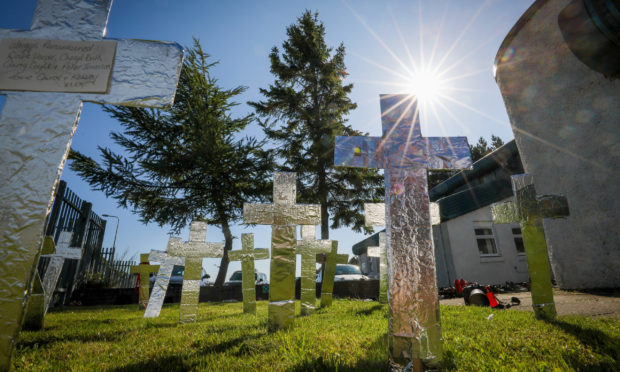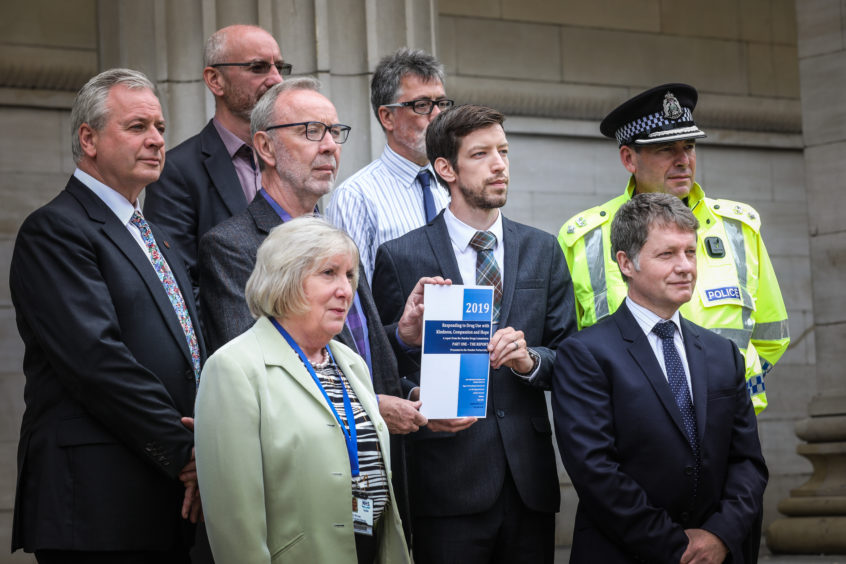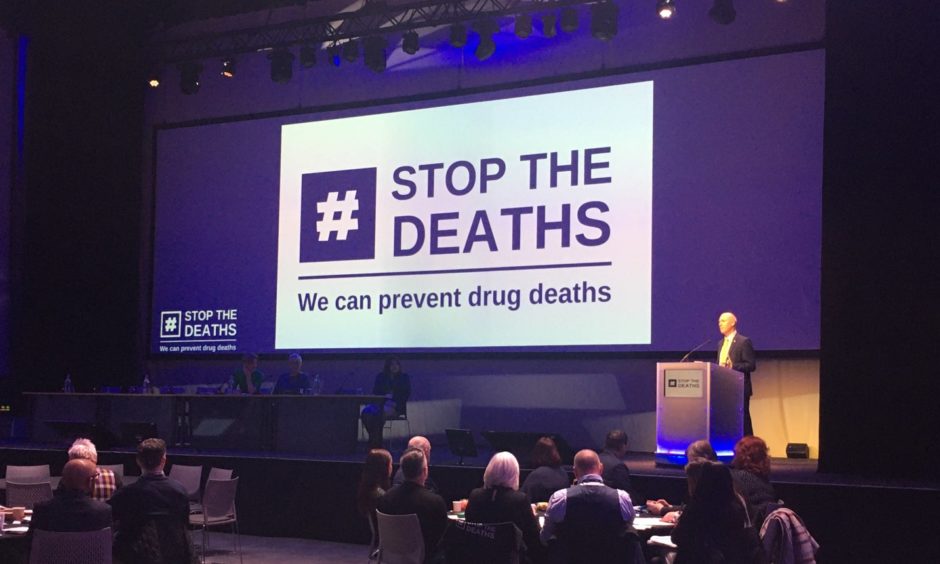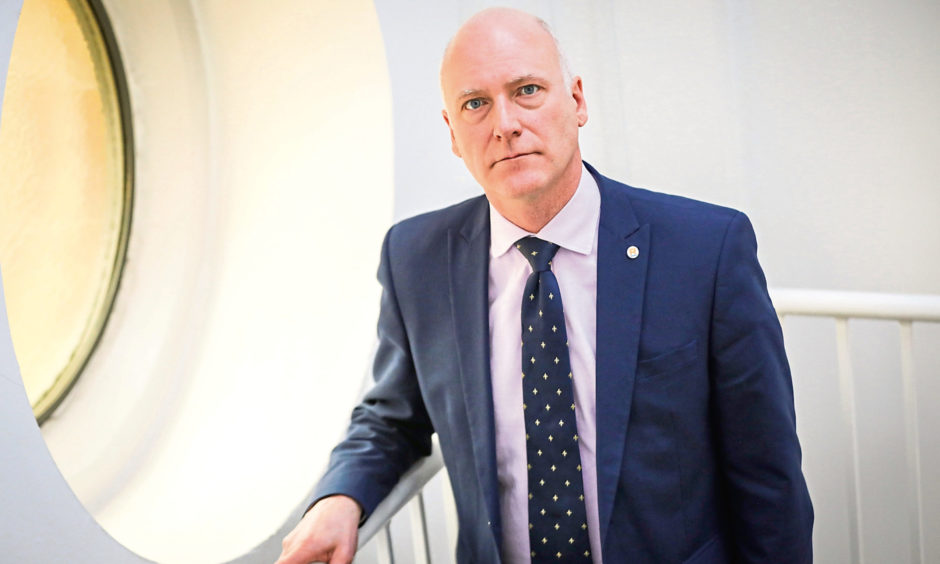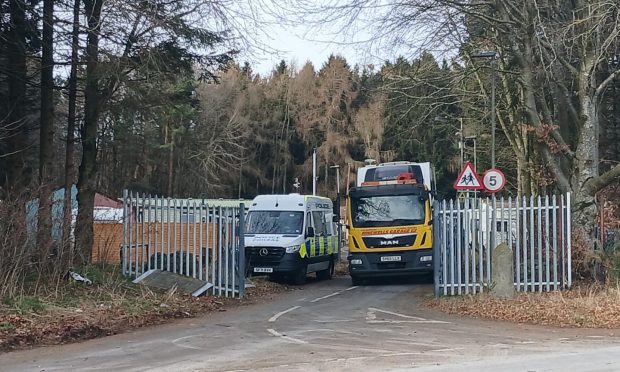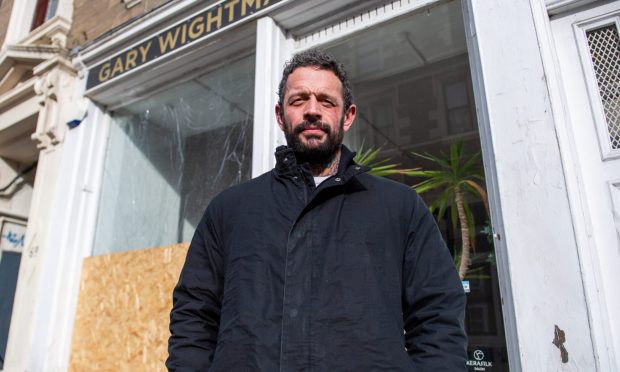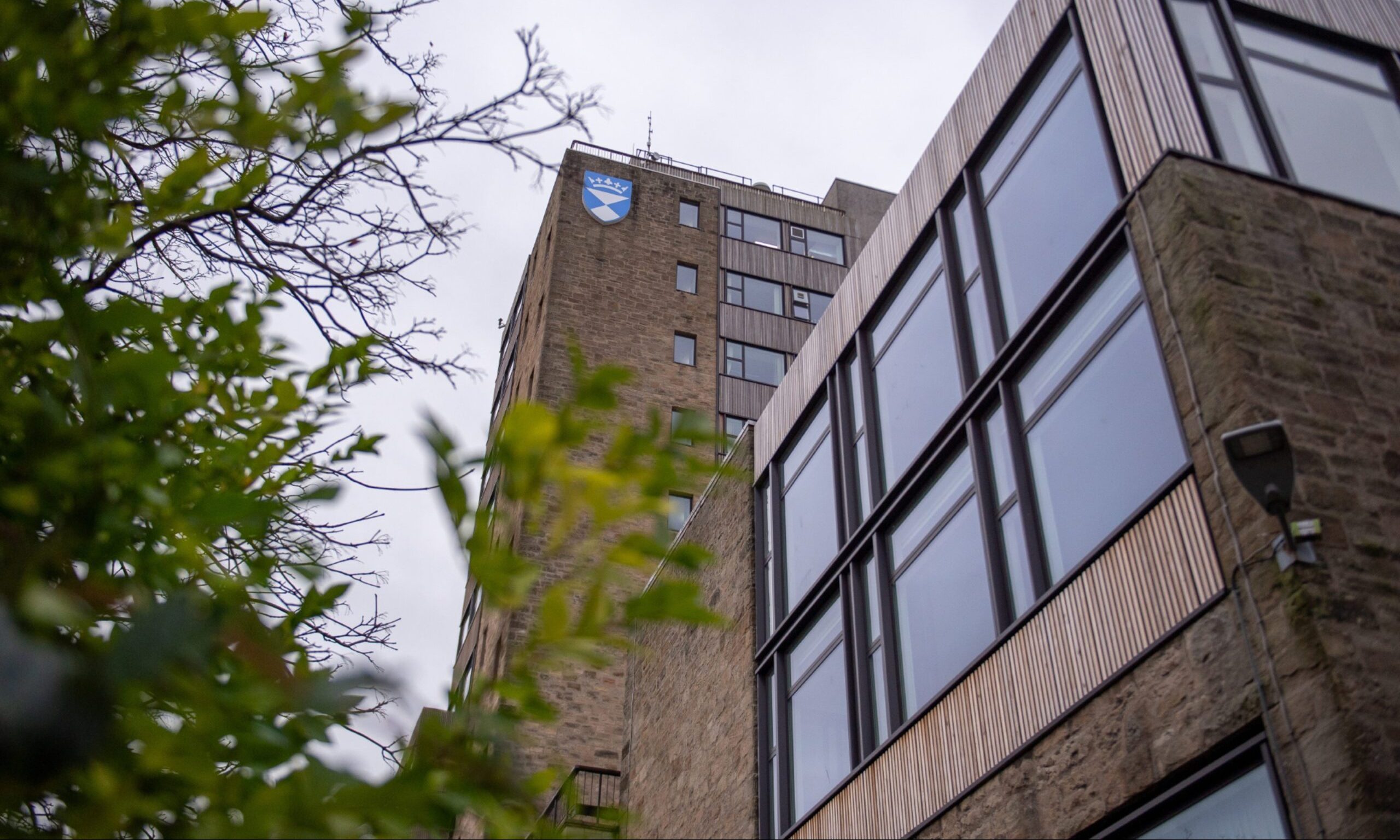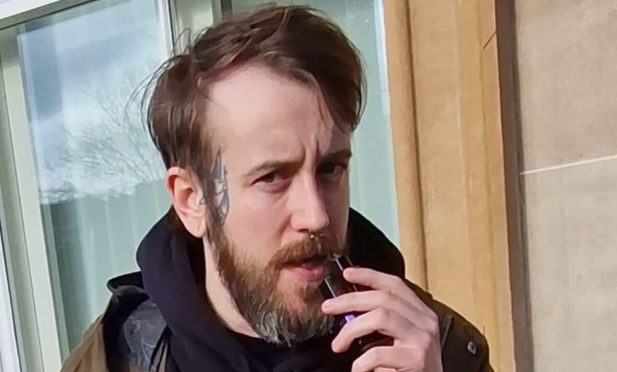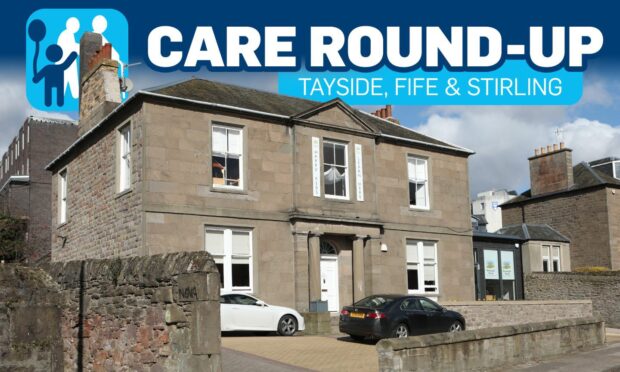Scotland and Dundee’s record-high drug deaths are out of control and no measures in place are likely to stem the tide soon, critics have warned.
New statistics published show the country recorded 1,264 deaths in 2019, a 6% rise, with Dundee leading the way per-population.
It means Scotland’s rate is higher than those reported for all EU countries, and is approximately three and a half times that of the UK as a whole.
Fife and Angus saw increases but neither are in the top 10 worst areas per-population. Perth & Kinross meanwhile saw a slight fall.
Leading drug addiction recovery group Favor Scotland say the “awful numbers” are “only getting worse”.
CEO Annemarie Ward said: “This is yet another damning indictment of Scotland’s failing treatment system.
“The current system fixates only on increasing prescriptions as the only solution instead of providing rehabilitation and recovery programmes to help people get better.”
She added deaths from cocaine and etizolam (commonly referred to as street Valium) are “increasing massively” but services “barely try to deal with them”.
What is causing the deaths?
The figures, usually published around July, were delayed due to a backlog of toxicology results and the Covid-19 pandemic.
They show deaths in Dundee have tripled since 2013 and have risen from 66 to 72 between 2018 and 2019.
In Fife they jumped from 64 to 81.
In Angus, they increased from 13 to 21 and in Perth & Kinross they fell from 30 to 25.
Nationally they have risen almost two and a half times over the past six years.
Several drugs are usually found to be implicated in a drug-related death but two types — opiates and benzodiazepines — tend to feature the most.
A rising problem is considered to be so-called ‘street’ versions of prescribed benzodiazepines such as diazepam, first marketed as Valium decades ago.
Experts say the worst of these is etizolam, which prior to 2012 was not implicated in a single death across the country.
Now it is listed as a factor in 756 (53%) deaths, a number which has risen significantly in each of the past seven years.
Street benzodiazepines (including etizolam) were implicated in a total of 814 deaths (64%).
Opiates such as heroin, morphine, and methadone, continue to be the most commonly found substance implicated at 1,092 deaths (86%).
What is Scotland doing to tackle the problem?
Experts and politicians have been working to analyse trends and review addiction services for several years now.
The first major effort came when the Dundee Drugs Commission was formed in 2018, set up after the city was described by some as Europe’s drug death capital.
A national task force was set-up shortly afterwards to build on the learning of the commission.
Since then progress has been slow with many taking the view a cultural change in attitudes towards addiction is needed.
Support groups and charities say change must happen quicker.
Despite the Scottish Government declaring the battle a public health emergency, it has not yet reduced the deaths.
The Dundee Drugs Commission, made up of a team of specialists, published a series of recommendations to stem the tide over a year ago.
However most of these recommendations are still being implemented and were not actioned until after 2019, which the latest figures cover.
It says services need to become more “compassionate and kind” towards users and the system should tackle the root causes of addiction.
Chairperson of the commission, Dr Robert Peat, is urging patience.
“It’s really sad to see the figures rise. We anticipated it but hope access to services will improve soon,” he said.
“Although it’s difficult, we need to keep working at it.
“These figures mostly cover a period before any of our recommendations were published.
“We will be conducting a review soon to check on progress.”
He added the UK Government are “hampering” some of the more radical approaches such as shooting galleries, officially termed drug consumption rooms (DCRs).
Scotland ‘one of the worst in the world’
Scottish Labour health spokesperson Monica Lennon has called on public health minister Joe FitzPatrick to resign over the figures, telling him “your time is up”.
Speaking at Holyrood, she said: “The Minister may have tried his best, but it is not good enough.
“Minister, I am sorry to say it, but I do believe your time is up. Will he do the decent thing, resign and please make way for fresh leadership.”
She had early said the crisis “demands a radical rethink”.
She said: “Scotland’s drug death rate is one of the worst in the world. We can’t sweep this public health and human rights emergency under the carpet a moment longer.
“Safe consumption facilities and increased rapid access to residential rehabilitation are vital and could happen today.”
North East region Scottish Conservative MSP Bill Bowman added: “Although there were early warning signs about record drug deaths in Dundee, the figures are no less shocking.
“Many of these tragic deaths could have been avoided with earlier intervention and treatment.
“But access to residential drug rehab is at its lowest ever level in Scotland.”
David Liddell, the Scottish Drugs Forum’s CEO, also said DCRs would help and called on decriminalisation the possession of all drugs.
“The need for change is obvious and that change is long overdue,” he said.
“Thankfully, we are fortunate that the evidence shows us exactly what changes need to be made. We need people to be in high quality treatment that protects them from overdose and death.”
What is the Scottish Government saying?
Public health minister Joe FitzPatrick is responsible for tackling the problem.
He says the government is “working urgently” to put in place “high-quality, person-centred services” for those most at risk.
He said: “These deaths stem from a longstanding and complex set of challenges, and there is no shortcut that will suddenly solve this.
“There is, however, action that we are taking right now that will have an impact more immediately, such as maximising the availability of Naloxone (a drug used to reverse overdoses) and the routes by which it can be supplied.
“Our work to introduce Medication Assisted Treatment standards is one of the most significant changes to the way in which treatment services operate.
“Furthermore, we have seen the introduction of a range of new and innovative approaches, including Scotland’s first heroin assisted treatment service in Glasgow.”
Professor Catriona Matheson, Chair of the Drug Deaths Taskforce, said: “The Taskforce members give their sympathy and thoughts to everyone affected by the loss and personal tragedy that the figures represent.
“The 2019 rise reflects why the Taskforce has been formed and adds urgency to our mission to identify an evidence-based strategy to tackle this problem and save lives as we do so.
“We are supporting over 100 partnership initiatives across Scotland and all our work comes from a place of kindness and compassion.
“I would encourage everyone to look at our website and learn more about the work we do.”
SNP MSP for Dundee City East, and former health minister, Shona Robison, said so-called “street Valium” has been a “huge factor” in the rise.
“We know that the manufacture and sale of benzodiazepines is controlled by criminal groups operating in the city and tackling these distribution lines needs to be a top priority,” she said.
She added she will be seeking an urgent meeting with Mr FitzPatrick to discuss the “scourge” of illicit benzodiazepines.
